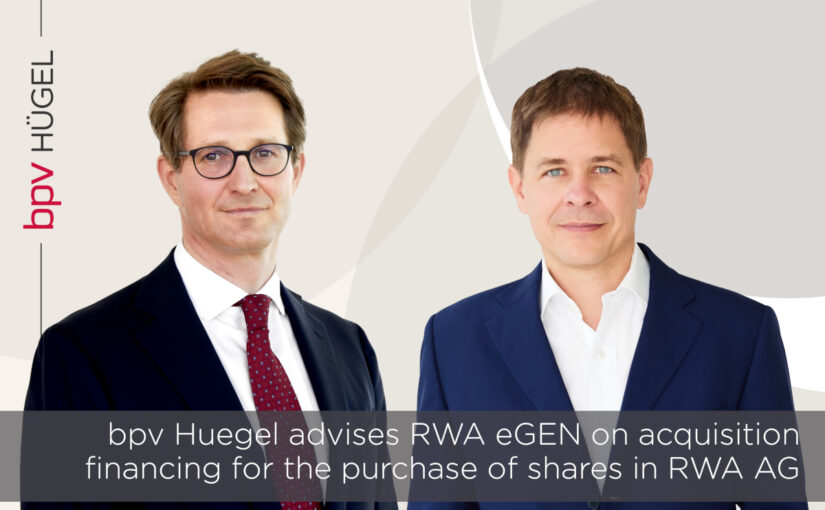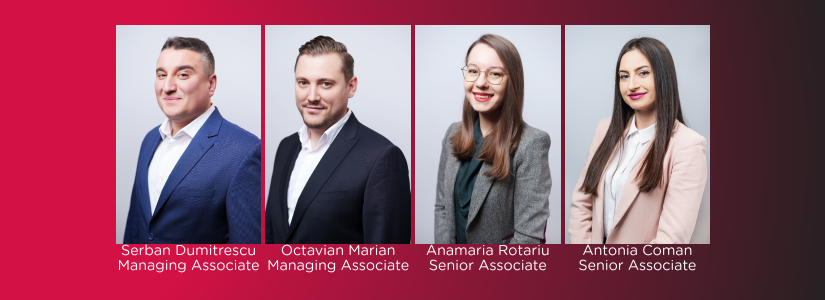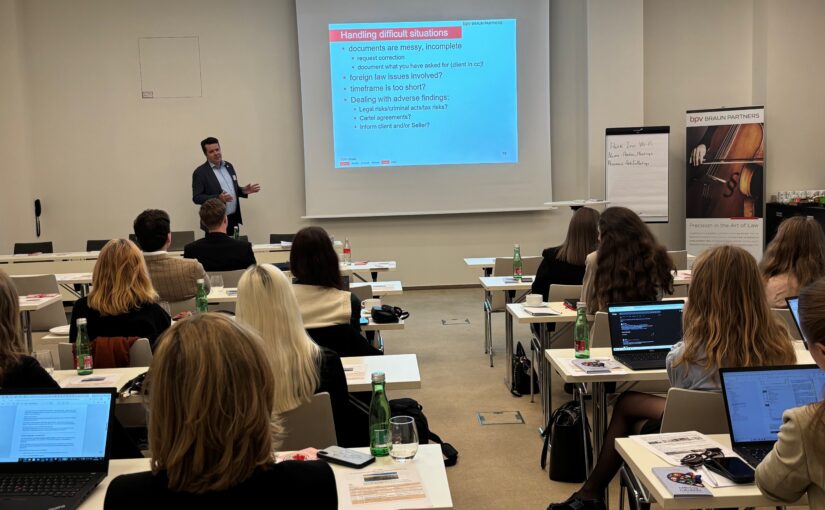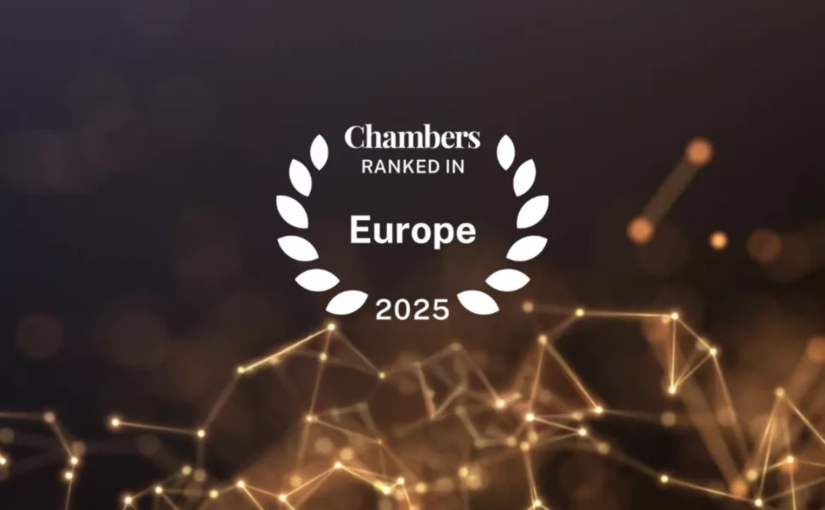The law firm bpv GRIGORESCU STEFANICA announces the promotion of four members of the team to senior positions. As of 15 April, Serban Dumitrescu and Octavian Marian are promoted to managing associates, while Anamaria Rotariu and Antonia Coman are promoted to senior associates.
Catalin Grigorescu, managing partner:
“We are delighted to share the news of well-deserved promotions within our firm. Recognizing and nurturing the talent within our team is more critical than ever, especially as artificial intelligence continues to reshape aspects of legal work. While AI can augment our processes, it’s the uniquely human qualities – critical thinking, strategic judgment, and client empathy – demonstrated by our people that truly drive our success and differentiate our services.
These promotions acknowledge individuals who have not only excelled in their roles but have actively sought growth, demonstrating remarkable responsibility and courage in tackling new complexities. Their daily efforts have demonstrably improved our workflows, strengthened client relationships, and contributed significantly to the firm’s positive momentum. They embody the high standards we strive for.
Our partnership has great confidence that our enhanced team structure will allow us to capitalize effectively on new market opportunities and continue providing our clients with the exceptional, nuanced counsel they expect and deserve. Congratulations to our promoted colleagues on reaching this important milestone.”
Serban Dumitrescu is a senior member of our firm’s Dispute Resolution practice, known for his expertise in administrative, commercial, and labor law. He excels in navigating complex public sector and regulatory matters, including public procurement, urban planning, and transport. Serban’s strengths include guiding clients through every stage-from securing authorization and permits to representing them in court on high-stakes disputes involving tenders and public contracts. In commercial litigation, Serban Dumitrescu is highly effective in resolving contract disputes, debt recovery, and damage claims, consistently achieving favorable outcomes through sharp analysis and persuasive advocacy. He is also experienced in labor disputes, advising on employer and employee rights and successfully representing clients in employment disputes.
Octavian Marian is a senior member of our firm’s Dispute Resolution practice. He consistently assists and represents both local and international clients in challenging cases, earning recognition for his rigorous and balanced approach. Octavian’s expertise covers a wide range of matters, including administrative and tax litigation, contract enforcement and termination, public authority challenges, debt recovery, and insolvency proceedings. He is adept at working collaboratively within international legal teams and has contributed to sensitive commercial and white-collar criminal cases. Octavian is known for delivering precise, efficient solutions tailored to each client’s unique needs, making him a trusted advisor in high-stakes and multifaceted legal matters.
Anamaria Rotariu is a member of the Corporate Transactions team, distinguished by her additional multidisciplinary expertise in Tax and Competition Law. She excels at managing complex, high-value projects for both local and cross-border transactions, providing clients with comprehensive legal support across all stages of a deal. She is particularly skilled in structuring transactions to maximize tax efficiency and ensure regulatory compliance, including handling notification procedures with authorities. Her experience spans diverse industries such as IT, insurance, retail, and manufacturing, where she delivers solutions that address both legal and commercial objectives. Ana’s ability to integrate tax and competition law perspectives into corporate transactions makes her a trusted advisor for clients navigating intricate legal landscapes.
Antonia Coman is a member of the Employment Law team, with extensive experience advising and representing both national and international clients in employment and tax law matters. She is recognized for structuring and managing complex and sensitive proceedings, such as disciplinary investigations, restructuring processes, and harassment inquiries. Antonia provides comprehensive day-to-day legal support, including drafting and reviewing individual and collective employment contracts, internal policies, procedures, and termination agreements. She also plays a key role in due diligence processes, equipping clients with the insights needed for strategic business decisions.



































